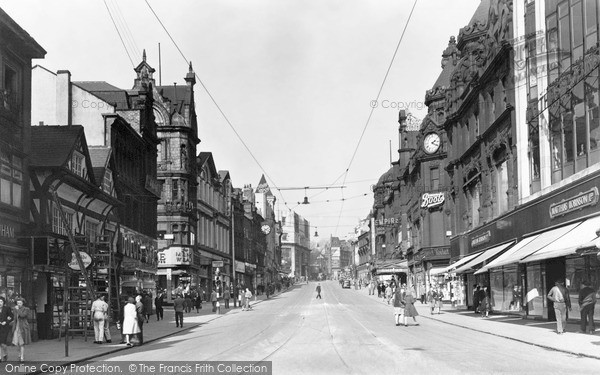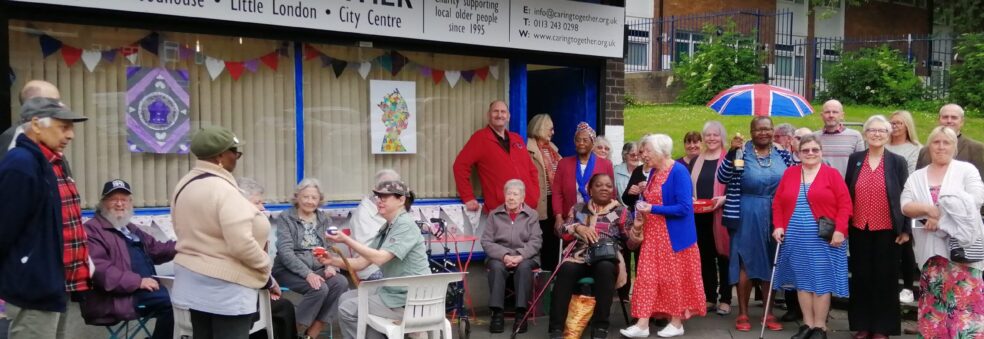It was my first trip to the city centre for in ages and I suppose I should have been excited by being once again at the heart of a vibrant city. Instead, I just felt worried.
I’ve worked in city centres for most of my life and, through slumps and booms, I’ve never felt any need to worry for them. They’re tough, noisy, often aggressive unpleasantly places which can look after themselves.
But during my visit to the opticians, at which the opticians and their associates outnumbered me by about ten to one, I worried that the staff, probably half relieved and half bored by the quietness around them, would become unsettled by the possibility that this might not be a freak lockdown moment; it might be the future.
Anyone living in the old industrial north will know that, in cities particularly, times change with alarming speed; Victorian mills built to last hundreds of years mainly lasted, at best, until the 1960s or 70s but at least left behind magnificent shells such as Temple Works in Holbeck, Leeds, or Salt’s Mill in Saltaire.
The worry is that the next wave of industrial readjustment will leave no monument other than acres of boarded-up pubs, sandwich bars, trinket stalls and maybe even opticians.
Off-line shopping in the big city stores could become a niche activity, like uni-cycling, and, as I noticed on my recent city centre visit, there will be a miraculous lack of litter and drunkards. This struck me as rather eerie, like the final scene in Planet of the Apes or, so I’m told, living in Liechtenstein, but I’m sure we’ll eventually recognise it as a huge improvement.
The downside is not, so far as we yet know, that city centre workers, along with the transport systems, feeding stations, entertainments, posh stores and other enterprises that depend on them, will disappear. It’s that they will scatter into cyberspace and the suburbs, leaving, say, Briggate in Leeds looking as much an archaeological site as an abandoned tin mine.
The factory system which shaped the north, gave way to an office system built on the same organisational principles; regular hours and a machine-driven division of labour which meant you could be in the typing pool or answering the telephones or working the Xeroxes but were not expected to do them all at the same time.
Now those limitations have gone; home workers – which quite soon might mean most workers – don’t have to keep factory hours, nor confine themselves to 20th century technologies, which means they’ll soon become hugely productive operatives, except, sadly, in the fields of enjoying their lunch breaks or gossiping to colleagues.
Thank you once again Oliver, until next time…..

Picture: Francis Firth.com – Leeds Briggate 1951

